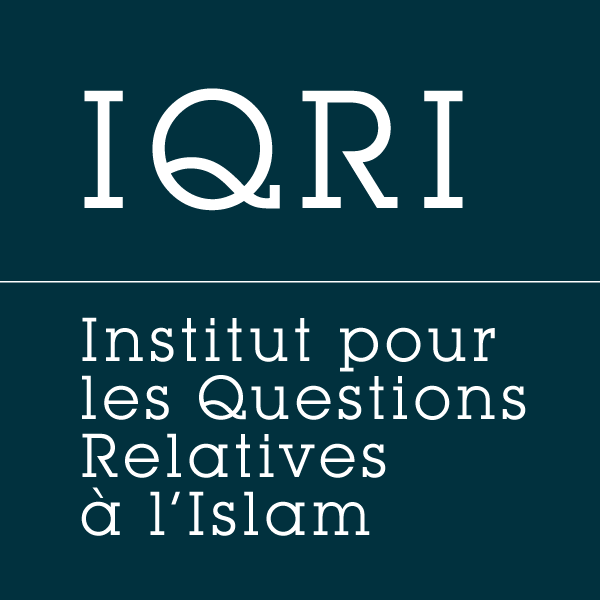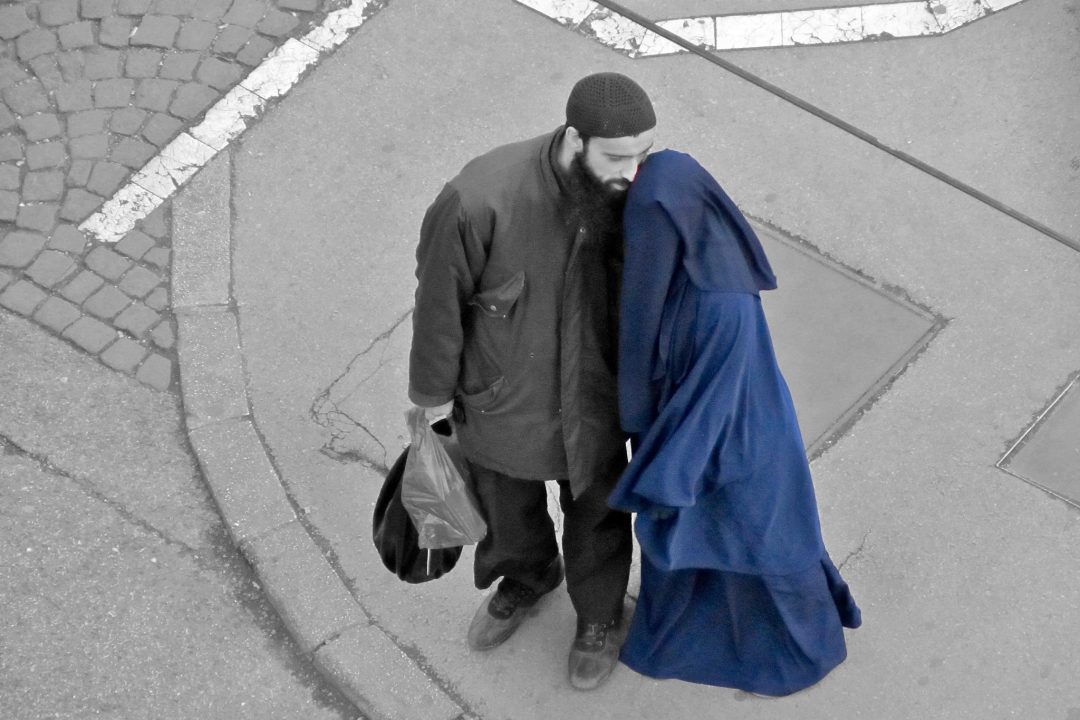In this first book-length examination of the kinds of textual variants one can observe in Quran manuscripts, Keith Small shows how these variants affect commonly held views on the transmission of the text of the Quran.
Ahmed (who posted a comment concerning this book), for instance gives a very common view that the Qur’an’s original text is preserved better than the NT because of oral tradition supplementing the written tradition. Actually, the reverse is true. The NT is better preserved because of the written record that remains, even without an accompanying oral transmission.
My book challenges this normal Islamic views and concludes that the oral tradition actually complicated the textual history rather than simplifying it and preserving the original text.
Also,if the early Caliph Uthman performed the action on the text of the Qur’an that is attributed to him in Islamic tradition of establishing one text and destroying variant texts around 653 AD, then he cut off access to more original forms of the text of the Qur’an. One cannot recover the original text of the Qur’an from Islamic written or oral tradition or a combination of both. What one can achieve is a later revised version of a consonantal text that was officially standardized in the first Islamic century. Also, that particular consonantal text, over three centuries, went through a process of development and improvement so that it could phonetically reproduce just one form of the text. Before that, the text was recited in at least 50 different ways, because the ambiguity of the Arabic script allowed such diversity. Every time the written script was improved it provided a new platform for the development of additional oral traditions and discouraged the use of prior ones.
The challenge of textual criticism as applied to the Qur’an is to account for the plethora of factors, both intentional and unintentional, oral and written, that have made the text what it is today. It was produced over four centuries to read a certain way to bring political and religious unity in the midst of competing Islamic groups. There has consistently been more of an attitude of standardizing the text to a desired ideal, then preserving the most original forms of the text. Bart Ehrman’s approach and conclusions actually fit the history of the Qur’an more than they do the New Testament, in my opinion.
Read also: Le texte coranique a-t-il subi des altérations?
Permit me to quote my own conclusion (p. 179):
‘Though Muslims may take pride in the fidelity of the preservation of this text, it does not reproduce precisely what was originally considered to be the Qur’an in the early seventh century. Because of the standardizations of the text in 653-705/33-86 AH and 936/324 AH, together with the constant pressure throughout Islamic history to have one text match their dogma, many texts which had equally good claims to containing authentic readings were suppressed and destroyed. And, because of the emphasis on oral transmission and the vagaries of Arabic as it developed, the written text was constantly vocalized in new ways which did not preserve the original vocalization. The original vocalization must have been lost very early on if it did indeed exist. While bearing testimony to the careful preservation of one particular consonantal text, the history of the transmission of the text of the Qur’an is at least as much a testament to the destruction of Qur’an material as it is to its preservation. It is also testimony to the fact that there never was one original text of the Qur’an.’
Source: http://evangelicaltextualcriticism.blogspot.com/2011/07/textual-criticism-and-quran-manuscripts.html
For more on this issue from the this author, see the following book: https://www.amazon.co.uk/Textual-Criticism-Quran-Manuscripts-Keith/dp/0739177532



